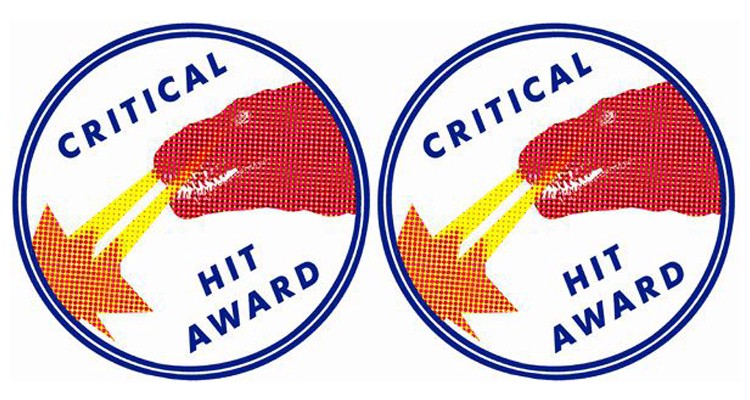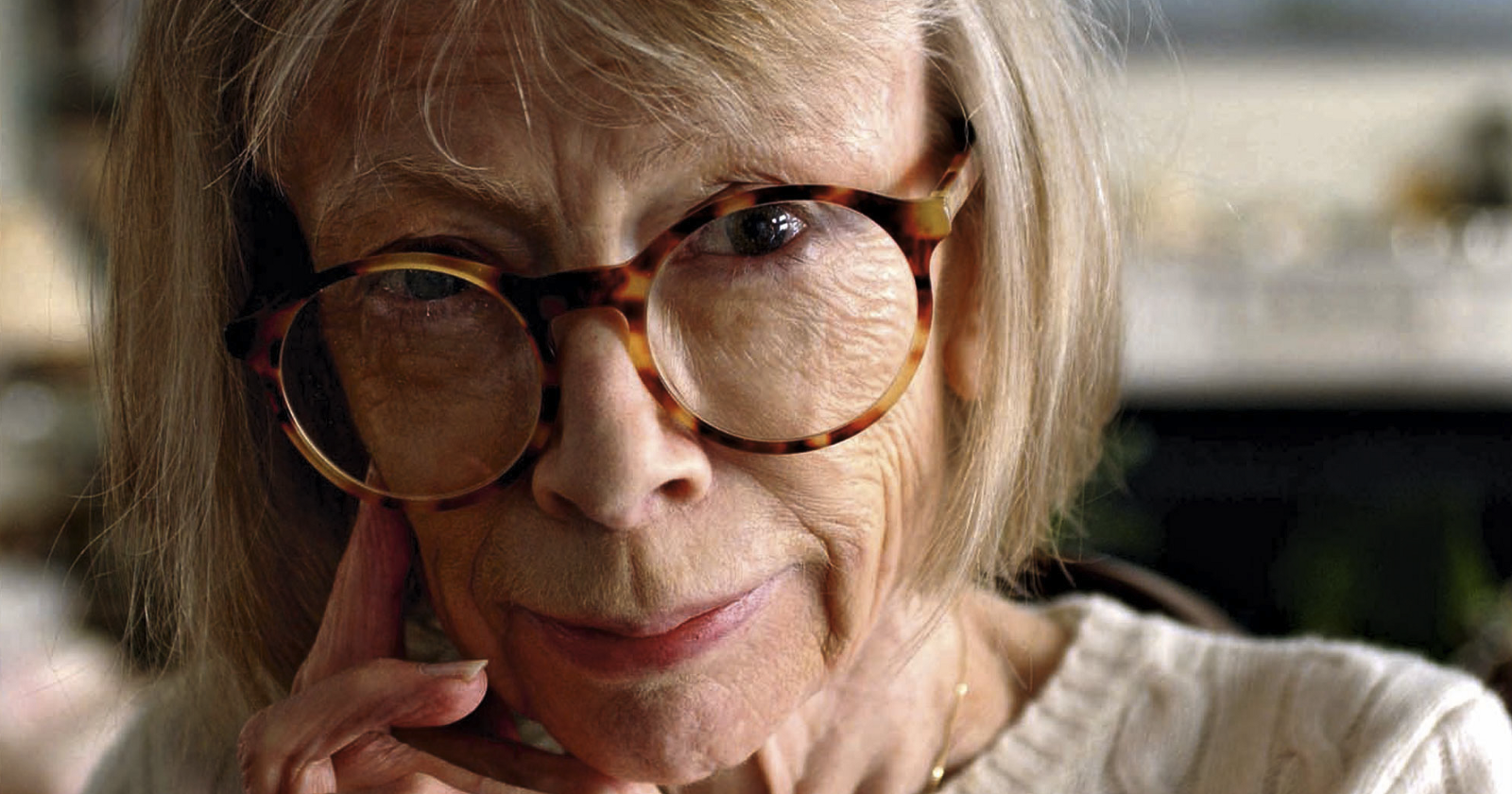Reading Lists
CRITICAL HIT AWARDS: Winners Picked by Emily St. John Mandel of The Millions

Welcome back to the Critical Hit Awards for book reviews. This is a round-up, a recommended reading list, and — why not? — a terribly prestigious and coveted prize. Winners receive a bang-up gift from Field Notes, our beloved sponsor. Nominate your favorite recent review by tweeting it at @electriclit with the hashtag #criticalhit, or cast your vote in the comments section below.
Our guest judge is Emily St. John Mandel, staff writer at The Millions.
Electric Literature: What did you look for in the winning reviews that you picked?
Emily St. John Mandel: In a word, engagement. Too often I read reviews that are concerned with nothing but the book in question, and there’s a hermetically sealed quality to such reviews, a narrowness of scope. I’ve come to believe that good reviewing requires engaging with the world outside of the individual book. At the very least, the book should be placed in the context of other books, but ideally — and I recognize that this is an entirely subjective opinion —
I prefer reviews that go beyond talking about literature, so that the book under review is considered in the context of the surrounding world.
All three of these reviews strike me as intelligent considerations of the books in question, and they’re also deeply engaged with the world we live in: Winer contemplates the perils of digital distraction, Monroe links the historical events in the book she reviewed to the current political climate in the United States, and Scanlon’s review is also a meditation on grief and existence.
When do you know you’re going to review a book — before you pick it up, based on what you’ve heard about it? Or does something happen while you’re reading and suddenly you feel a review coming on?
I don’t decide to review something or not until I’ve read it. A few times in the past I’ve agreed to review books before I read them, but what tends to happen is that the book that sounded fascinating in the pitch turns out to be not very interesting to me, and then the whole endeavor feels like a bit of a chore. These days, when I do review books, sometimes I do it because I think the book’s very good and it hasn’t gotten a lot of review attention elsewhere — a lot of the small press books I’ve reviewed fall under this category — and in those cases I’ll write the review partly just to spread the word about a book I’ve fallen in love with, and partly because
I think it’s important that reviewers at least make an effort to keep the literary landscape somewhat diverse
, i.e. to look beyond the four or five books with the massive marketing budgets that everyone else is reviewing in any given month. More often, it’s just that the book will spark my interest in some way; I’ll be reading and find that I’m thinking about review angles, ways in which this book relates to other work I’ve read, ideas for essays that relate to the book’s themes. I’m grateful that I write for a website that lets me review and write about whatever I want.
Where did your absolutely badass middle name (St. John) come from?
Thank you for calling it badass. It was my grandmother’s maiden name. Her name was Ella St. John, later Ella Davis, and she was an intelligent and well-traveled woman who loved books and was friends with Alice Munro.
And the winners are…
The Kraus Project by Jonathan Franzen
Reviewed by Andrew Winer in the Los Angeles Review of Books
We live in a painfully distracted age. My commute is more irritating these days than it was a few years ago, because now the sidewalks are clogged with iPhone sleepwalkers. They walk very slowly, mesmerized by their screens. It’s up to me to get out of their way, because they’re not paying enough attention to avoid walking into me. More to the point, they’re not present enough to avoid me, the implications of which I find unsettling: they’re here but not here, in two places at once and thus nowhere.
Andrew Winer apparently shares my unease with our current technological moment, and his review of Jonathan Franzen’s The Kraus Project is both an involving consideration of the book in question and a superb personal meditation on Kraus’s — and Franzen’s — larger point about the pitfalls of technology and modernity. Karl Kraus was a 20th-century Viennese critic who railed against what he saw as an increasingly shallow intellectual culture. Franzen, whose stance on social media is well-documented, is impressed by “how early and clearly [Kraus] recognized the divergence of technological progress from moral and spiritual progress,” and Winer expands this idea into a consideration of what our obsession with technology is doing to education and to our ability to create.
Bough Down by Karen Green
Reviewed by Suzanne Scanlon on The Millions
(Full disclosure: I’m a staff writer for The Millions, although I don’t know Suzanne Scanlon at all. The site has ten or so staff writers and also publishes posts by dozens of guest writers throughout the month, and Scanlon is among the latter group.)
When I first read Suzanne Scanlon’s extraordinary review of Karen Green’s recent memoir, I had a sense of having encountered a new form in book reviewing. It’s possible that the book in question required it: Bough Down is a memoir of a woman whose husband was recently lost to suicide, and the truth is that if you have any sense of human decency, and let’s assume for the sake of argument that most of us do, grief memoirs are extremely difficult to write about. These books are chronicles of barely-survivable events. None of the usual approaches seem adequate.
In the unconventionality of her response to Green’s memoir, Scanlon suggests that the book, with its impossible questions and its irreconcilable grief, its refusal of the idea of redemption, required a new form. Scanlon has written a searching and intelligent essay that both examines the book in question and stands alone as a profound and beautifully-wrought piece of writing in its own right.
The Contested Murder of Latasha Harlins by Brenda Stevenson
Reviewed by Rachel Monroe in the Los Angeles Review of Books
In 1991, an unarmed black teenager named Latasha Harlins was shot by a storekeeper in Los Angeles. Although Harlins was shot in the back of the head on her way out of the store, the judge on the case concluded that the storekeeper had reasonable cause to feel threatened by Harlins, and sentenced the storekeeper to time served.
In her thoughtful and in-depth response to Brenda Stevenson’s book about the case, Rachel Monroe considers both the continuing relevance of the case in our current political climate, and the ways we think about victims of crime: what does it mean to be an “innocent” victim? What does a guilty victim of crime look like? Monroe’s review, it seems to me, is everything a book review should be: intelligent, mesmerizing, and engaged with both the book and the broader world.
***
Congratulations to our winners! Please contact Brian Hurley to claim your Field Notes prize.
Read a good review lately? Nominate it for a Critical Hit Award by tweeting it at @electriclit with the hashtag #criticalhit or cast your vote in the comments section below.
***
– Emily St. John Mandel is a staff writer for The Millions. Her fourth novel, Station Eleven, is forthcoming from Knopf in the United States, HarperCollins in Canada, and Picador in the UK in late 2014. Her previous novels are The Lola Quartet, The Singer’s Gun, and Last Night in Montreal. Her essays and short stories have appeared in a number of anthologies, including The Best American Mystery Stories 2013. She is married and lives in New York City. www.emilymandel.com.
– Brian Hurley is Books Editor at The Rumpus, Curator of the Critical Hit Awards, and Founder of Fiction Advocate.









